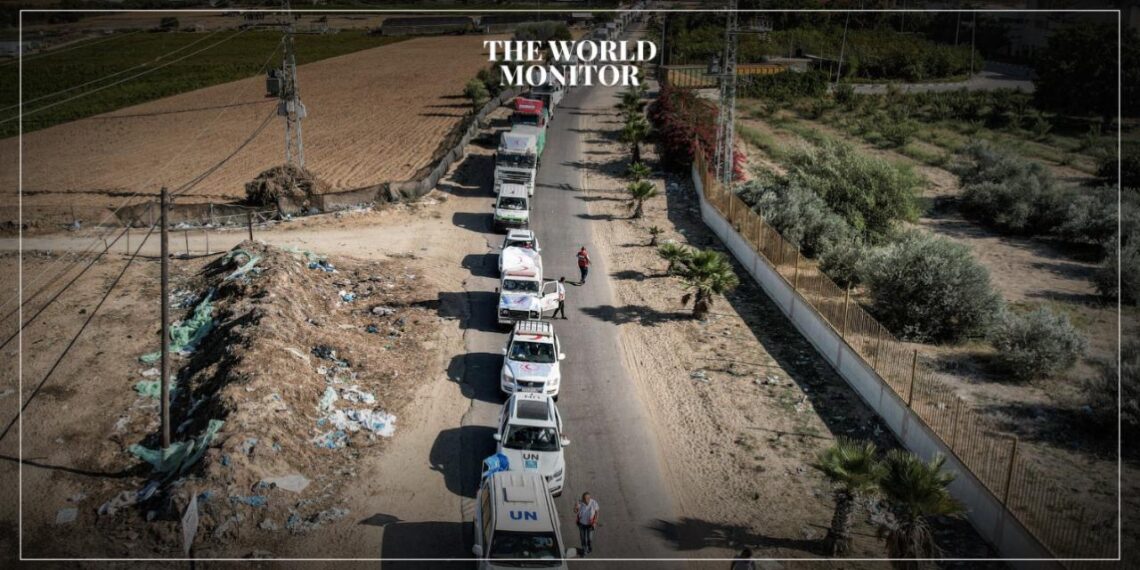Israeli Prime Minister Benjamin Netanyahu has reiterated the importance of controlling the border area between Egypt and the Gaza Strip, known as the “Philadelphia Corridor.” This statement has led to a meeting by the Egyptian Parliament’s Defense and National Security Committee, which rejected these remarks, stating that they could escalate tensions between Egypt and Israel. The committee emphasized that any Israeli attempt to tamper with the Philadelphia Corridor is unacceptable, highlighting the corridor’s significance as a buffer zone between Egypt and Gaza. The committee also pointed out that Israeli control over the corridor during its conflict with Gaza would violate the 1979 peace treaty between the two nations.
The committee’s head, General Ahmed Al-Awadi, expressed concerns over the recent tensions in Egyptian-Israeli political relations, stating they have reached a difficult phase due to Israel’s actions during the Gaza conflict, including blocking humanitarian aid. He affirmed Egypt’s capability to defend its interests and sovereignty, urging the international community and human rights organizations to take responsibility for the ongoing crisis in Gaza, which he described as war crimes.
Additionally, an Egyptian official refuted Tel Aviv’s claims of tunnels between Sinai and Gaza, describing them as baseless. The official highlighted Egypt’s efforts in combating terrorism, including the destruction of over 2,000 tunnels at the Egyptian-Palestinian border, which involved significant costs and the establishment of a buffer zone.
These developments come amid ongoing conflict in the Gaza Strip, where Israel’s military operations have led to significant civilian casualties and humanitarian crises. Egypt has played a crucial role in mediating ceasefires in past conflicts between Israel and Palestinian groups in Gaza, but the recent actions and statements have strained this relationship. The suggestion by some Israeli politicians to push Gaza’s residents into Egypt’s Sinai Peninsula has been particularly contentious, drawing strong objections from Egyptian President Abdel Fattah El Sisi and highlighting concerns about sovereignty and the Palestinian issue.
The situation is complex, with both historical and contemporary factors contributing to the current tensions. The peace treaty between Egypt and Israel has withstood various challenges over the years, but the recent developments in Gaza and the rhetoric surrounding the control of the border area pose new challenges to this longstanding agreement.






